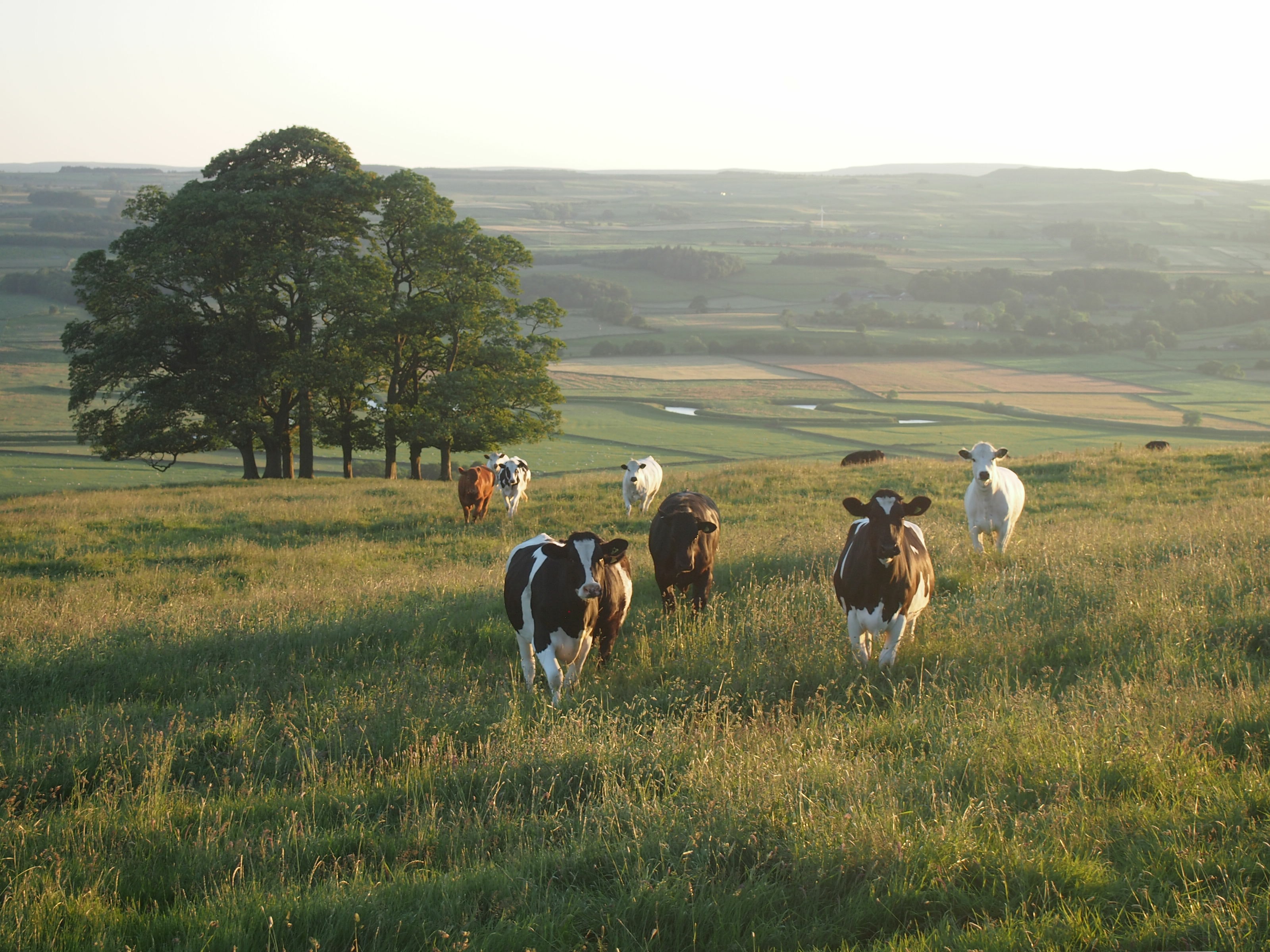News release
From:
New reports offer insights into regenerative agriculture in Aotearoa
Five reports released today provide timely insights into regenerative agriculture in Aotearoa New Zealand in 2021.
Regenerative agriculture is emerging as a global movement, with a vision of agriculture that regenerates the natural world while producing ‘nutrient-dense’ food and providing farmers with good livelihoods. Momentum has been building throughout the food system, from farmers to multinational food companies like McCain, PepsiCo, Nestlé, Unilever, General Mills, and Danone.
Interest in the ‘regenerative’ approach to food production has also been steadily increasing among New Zealand farmers, industry, processors and marketers. This has highlighted the need to better understand what regenerative agriculture means in the context of our country – and for scientific testing of its claimed benefits.
The five reports released today include an outline of some of the regenerative principles applied in New Zealand, and the outcomes and research needed by representatives of four key New Zealand agricultural sectors (dairy, sheep and beef, arable, and viticulture). The outcomes being sought by representatives of these sector groups included: decisions based on long-term outcomes; achieving pride in farming; increasing profitability rather than merely increasing production; continuous learning; and positioning New Zealand as a world leader in regenerative agriculture.
One report provides a short history of ‘alternative agricultures’ to show where regenerative agriculture has emerged from. Another provides a perspective on te ao Māori (the Māori worldview) and regenerative agriculture. Although alignment has been suggested by many across all agricultural sectors, work is still in progress by Māori experts and practitioners to explore links between tikanga-led food and fibre production and regenerative agriculture principles.
About the research project
The reports were produced by a research project led by Manaaki Whenua – Landcare Research senior researcher Dr Gwen Grelet, and independent social researcher Sam Lang, who is also a sheep and beef farmer and an extension manager with Quorum Sense.
The Regenerative Agriculture project will produce a total of 20 reports this year, with subsequent reports to be released weekly through November.
Dr Grelet says regenerative agriculture is not a magic bullet, but its grass-roots popularity with farmers and incentives for adoption from some of the world's largest food companies mean it also has potential for driving the transformation of New Zealand’s agri-food system to help move our country closer to its goals.
“Now is an exciting time for scientists and farmers to work together towards a better understanding of regenerative agriculture, and what benefits may – or may not – arise from the adoption of regenerative agriculture in New Zealand,” says Dr Grelet.
The project was funded by the Our Land and Water National Science Challenge, the NEXT Foundation and Manaaki Whenua – Landcare Research.
New approach to research is needed
Regenerative agriculture research is underway in New Zealand, but it requires a departure from traditional agricultural research, says Dr Grelet. “Farmers use and adapt regenerative agriculture practices to optimise farm performance for multiple benefits simultaneously. This isn't easy to measure using conventional academic approaches.”
Traditional agricultural science takes a linear approach: knowledge from a single research discipline (such as plant breeding) is shared from scientists to farmers, who might then adopt one change and observe the result.
A report released today suggests that research into regenerative agriculture demands a ‘complexity aware’ approach, in which farmers are research partners, and knowledge comes from multiple research disciplines and other sources of innovation (such as business or technology). Farmers might adopt several changes at once, so it’s much harder to draw a straight line from one change to one outcome.
The challenge for researchers is to deploy robust, rigorous, and replicable methodologies – while also accounting for uncertainty, changeability, and complexity. (This approach is briefly outlined in the Project overview and statement of purpose report.)
This approach to research requires curiosity, open-mindedness, and working together, says Dr Grelet. “We are so fortunate to live in a small country, where incredibly talented people work and live just on our doorstep, and where the impact of one’s actions are perceived almost immediately.”
“In my opinion, if one country can successfully undertake the collaborative and cohesive research projects that are required, it is New Zealand.”



 New Zealand
New Zealand



